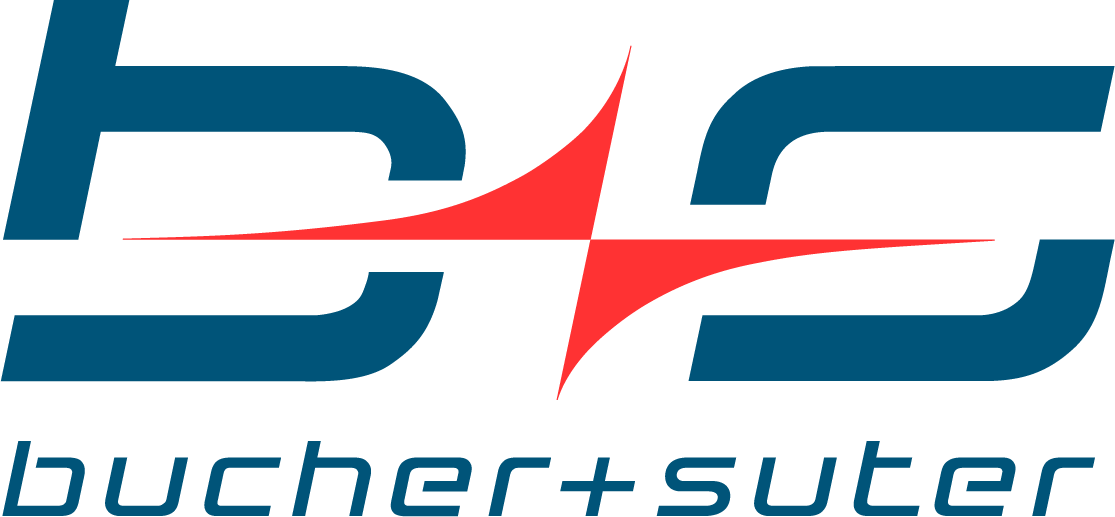Why can AI initiatives sometimes fail to deliver in practice? Jürgen Schick, CSO of Bucher + Suter, explains in an interview that the success of AI heavily relies on the quality of phone interactions and the effective use of customer data.
Interviewer: Meike Tarabori

Jürgen Schick, Bucher + Suter’s Chief Sales Officer (CSO), plays a pivotal role in delivering secure and efficient contact center solutions to businesses. As a specialist in the field, Bucher + Suter, along with their partner Cisco, are renowned for their cybersecurity expertise. Schick leverages this reputation to provide top-tier solutions to clients who demand the highest security standards.
He underscores the importance of contact center managers adopting a heightened security mindset to counter the rising threat of cyberattacks. By blending advanced technology with practical, hands-on consulting, Schick helps companies optimize their contact center infrastructure while ensuring robust protection of customer data.

Bucher + Suter ensures seamless customer service for numerous contact centers across Switzerland and Germany. How do you perceive the progress in voice automation within these organizations?
Jürgen Schick: I see three distinct groups here: First, there are the contact centers that have prioritized high-quality voice interactions for years and partnered with us early on to integrate voice AI agents. These contact centers are really thriving with AI, successfully scaling their operations, and significantly reducing workloads. They’re automating more business cases across multiple languages and regions, often independently.
Then there are companies that come to us with a certain level of AI frustration. The issues typically aren’t with the AI itself but with poor telephony quality. Telephony is complex—when voice quality is lacking or live transcription is inaccurate, even the best AI can’t effectively assist customers or live agents. Lastly, we have companies and organizations that are just beginning to explore AI-driven voice automation in customer service, starting with proof-of-concepts and pilot projects.
What do you recommend from a technological perspective? Where is the industry headed?
Jürgen Schick: “Journey” is the key word here, as companies aim to better manage and optimize the entire customer journey, integrating sales, marketing, and service into a cohesive experience. To achieve this, customer data needs to be available in the cloud and leveraged intelligently by AI at every touchpoint—securely and in compliance with regional data protection regulations. Salesforce is an excellent choice for this. With its focus on cloud and Einstein AI, Salesforce has made all the right moves, and Hyperforce provides secure data storage in Switzerland—a crucial factor for many of our clients in sectors like insurance, banking, and healthcare.
But is Salesforce suitable as a platform for customer service?
Jürgen Schick: Yes and no. For companies looking to run their contact centers using Salesforce Service Cloud, an essential piece of the puzzle is still needed: a robust contact center solution for voice and voice automation. To enable telephony capabilities within Salesforce’s powerful cloud ecosystem—which is the core of customer service—a partner solution is necessary. Salesforce calls this “Bring Your Own Telephony” (BYOT), and it’s officially called Service Cloud Voice for Partner Telephony.
This is where Cisco’s Webex Contact Center comes into play. Why? Cisco has been the leading provider of networks, telephony, collaboration, and security for decades. Webex Contact Center enables highly stable, top-quality, and secure telephony and contact center operations in the cloud, providing the ideal foundation for voice automation and protecting against the growing threat of cyberattacks.
Moreover, many companies are already using Cisco and Salesforce. By integrating voice automation into a comprehensive, cloud-based customer approach, we enhance the ROI of existing tech investments. This approach makes both strategic and operational sense: Salesforce becomes the single source of truth for all customer data and interactions, while Cisco ensures optimal and secure telephony to support voice automation. As a result, many customer inquiries can be handled by AI agents, and when transferred to human agents, they receive a complete 360-degree view of the customer in Salesforce before the call connects, along with full AI support during the conversation.


Bucher + Suter
Bucher + Suter operates in the USA, Switzerland and Germany, and is a leading partner of Cisco and Salesforce. Additionally, the company is a key partner and reseller of Cognigy in Switzerland. With an exceptionally experienced conversational AI team, 120 contact center specialists, and 24/7 support in both German and English, Bucher + Suter is a trusted leader in the industry.
For more details on voice automation, Cisco, Salesforce, and conversational AI, click here.





